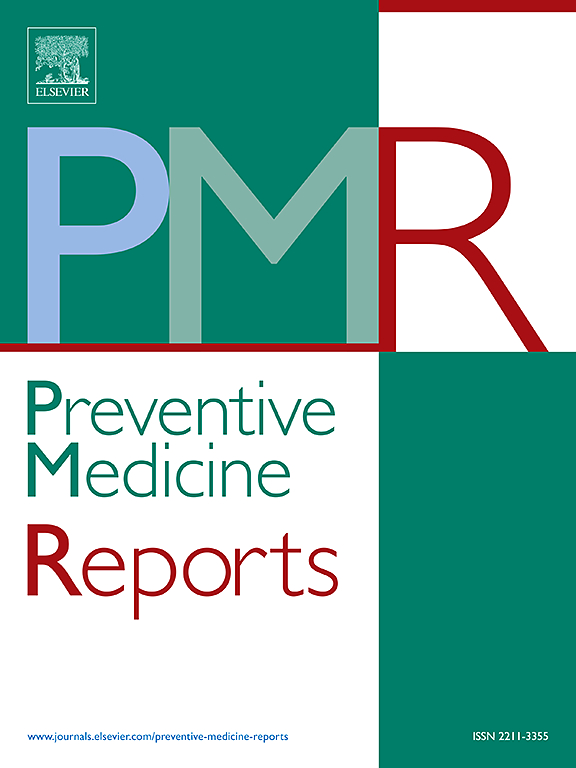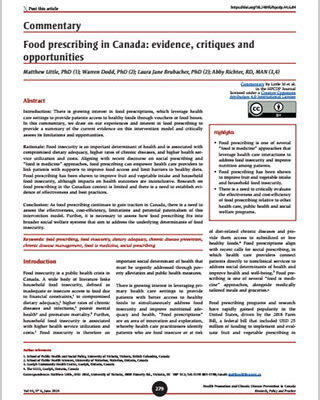Abstract
Commercially-insured adults comprise a majority of health plan members but are least likely to be surveyed about their social needs. Little is known, consequently, about health-related social needs (HRSNs) in this population. The primary aim of this study was to assess the prevalence of HRSNs and health among commercially-insured adults and estimate their relationship with health outcomes and spending.
This cross-sectional study used survey data from a representative sample of Elevance Health commercially insured members residing in Georgia and Indiana (U.S.) Adult members reported on HSRNs across nine different domains. Survey data were linked to medical claims data, and regression models were used to estimate the relationship between HRSNs and self-reported health, emergency department visits, three major health outcomes, and healthcare spending (medical and pharmaceutical).
Of 1,160 commercially insured adults, 76 % indicated ≥ 1 HRSN, and 29 % reported > 3 HRSNs, (i.e., “high” HRSN). Each HRSN was associated with 2.2 (95 % CI, 1.84–2.55) additional unhealthy days per month, 3.0 percent (95 % CI 1.36 – 4.57) higher prevalence of anxiety/depression, 2.2 percent (95 % CI 0.88 – 3.50) higher prevalence of hypertension, 3.9 more ED visits per 1,000 member-months (95 % CI, 0.29–7.42), and $1,418 higher total healthcare spending (95 % CI, $614.67-$2,220.39) over a 12-month period.
The widespread prevalence of HRSNs among commercially insured adults demonstrates the importance of screening all health plan members for HRSNs—not just Medicare and Medicaid members. Commercially insured members who experience high HRSN are at significantly higher risk for worse health, even after controlling for income and demographic characteristics.







